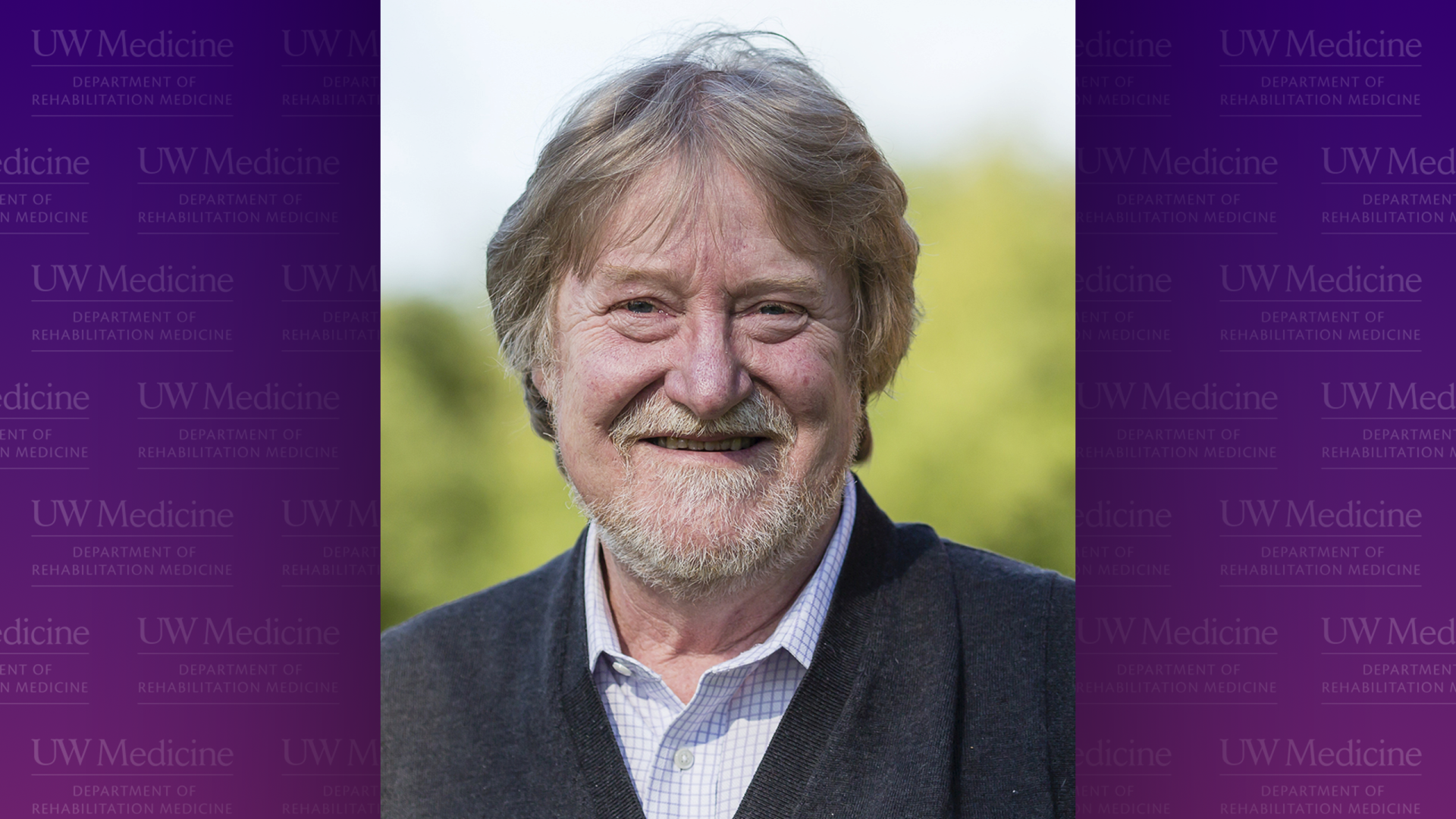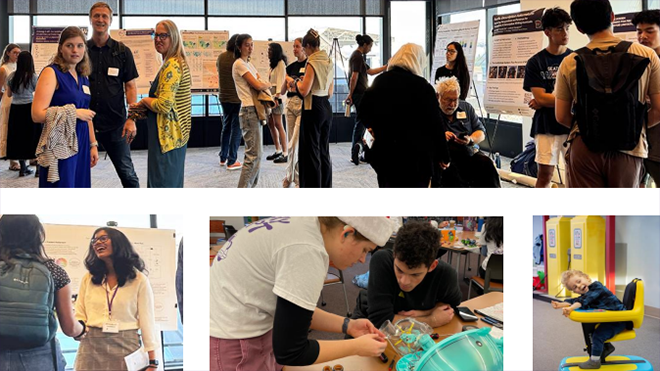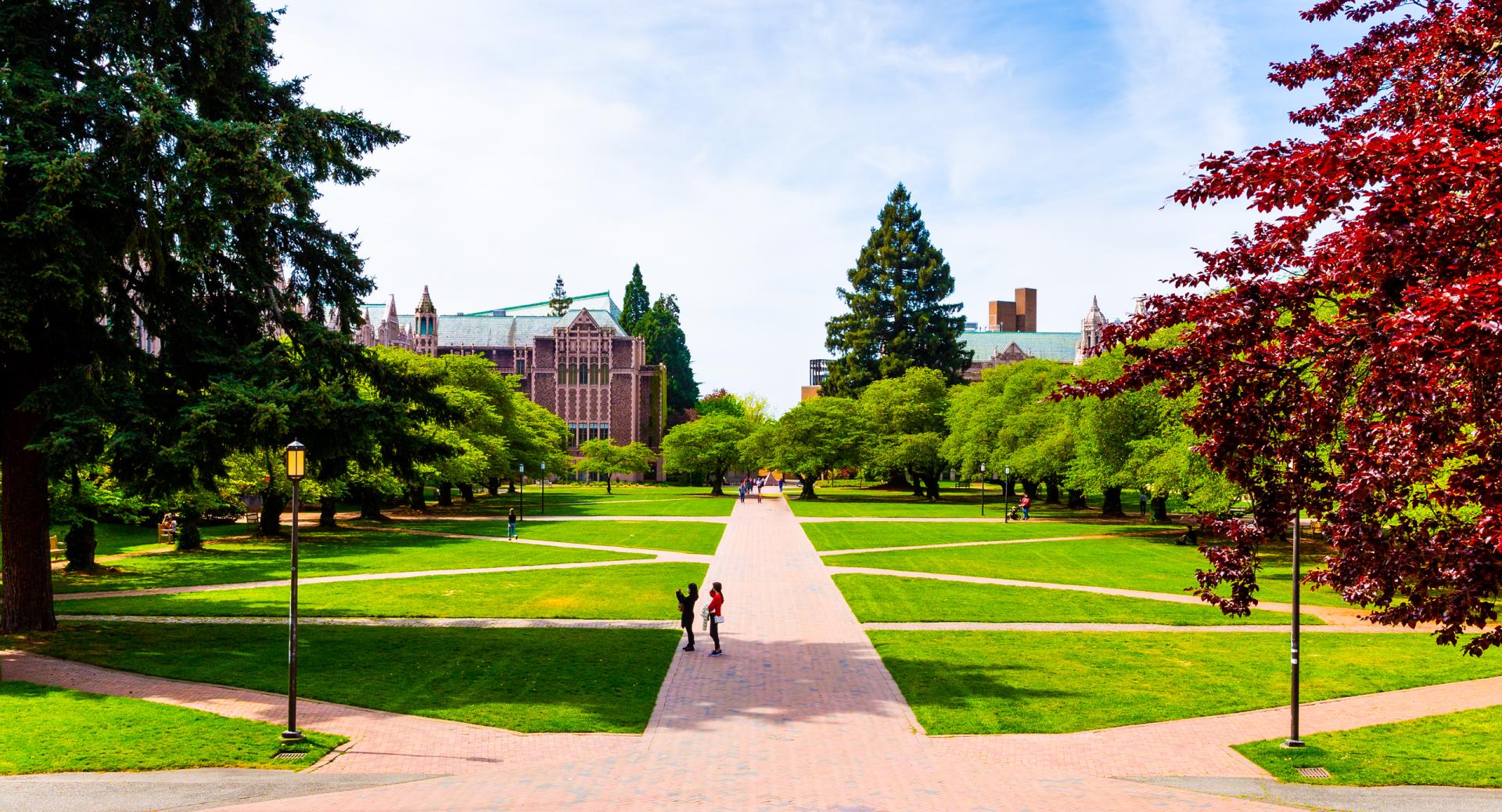
Community Engagement
Our department offers a variety of programs that work directly with individuals and organizations in the community. Many programs also work to educate organizations, businesses, and the public about disability rights and responsibilities.
We also feature programs that directly provide services to individuals with chronic conditions and disabilities to provide support, assessment, training, and access to assistive devices. Our programs are housed in several centers, including the UW Center for Technology and Disability (UWCTD), the Center for Continuing Education in Rehabilitation (CCER), the Northwest ADA (NWADA) and the Neurology Vocational Services Unit (NVSU).
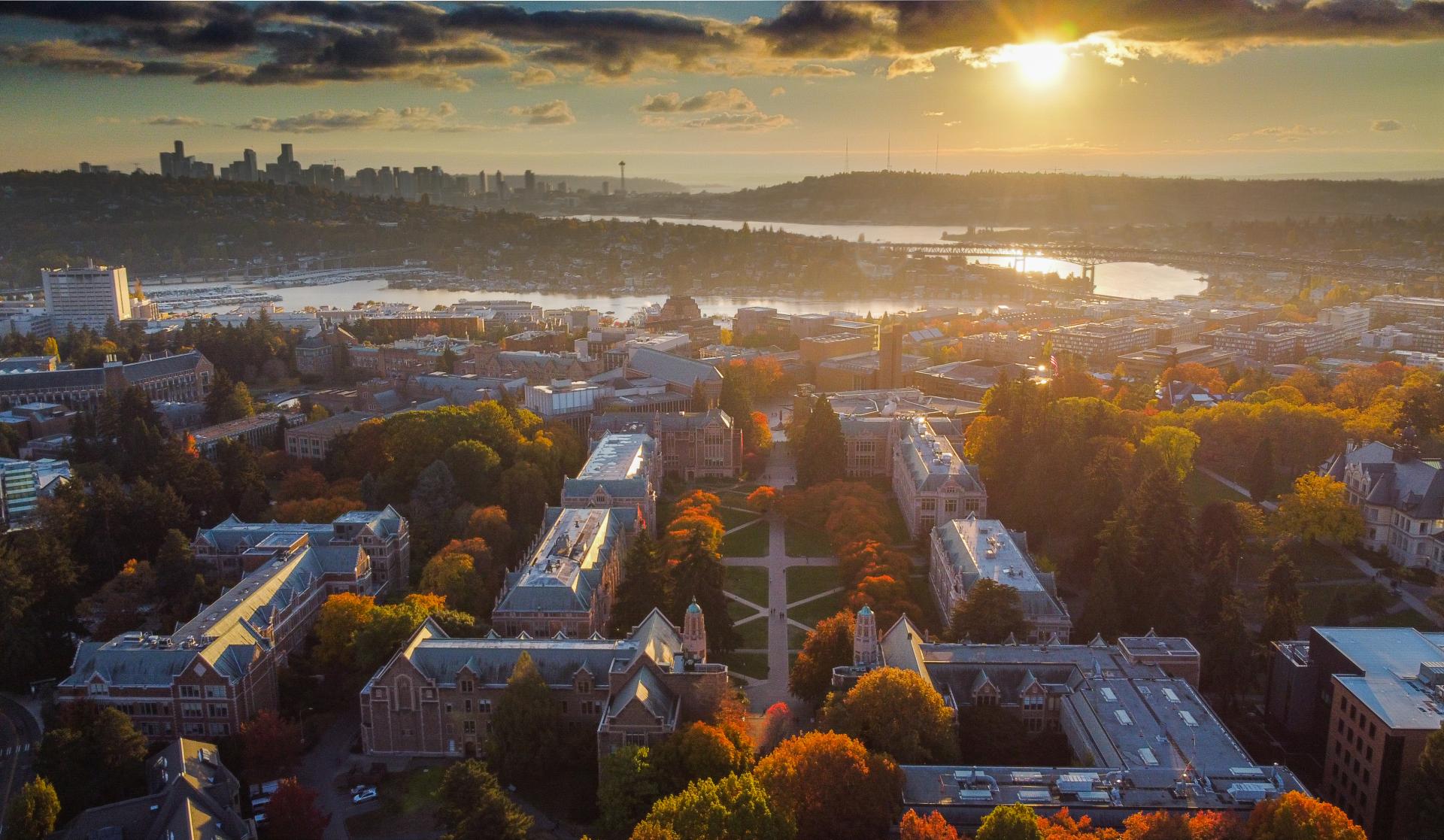
UW Center for Technology and Disability (UWCTD)
The UWCTD is an interdisciplinary program within the Institute for Human Development and Disability (IHDD) and the Department of Rehabilitation Medicine. UWCTD is an interdisciplinary center focusing on a broad range of issues relevant to people with disabilities. Programs within UWCTD address employment, community engagement, and independent living. Many programs focus on the supportive use of technology.
Programs include the UW Employment Program (UWEP), the Washington Assistive Technology Act Program (WATAP), the National Deaf-Blind Equipment Distribution Program (iCanConnect), and the Independent Living for the Blind (ILOB) programs.

Center for Continuing Education in Rehabilitation (CCER)
CCER offers a wide range of face-to-face workshops, online webinars, training, and consulting to individuals and organizations interested in employment, access, and inclusion for people with disabilities primarily over the four-state region of Alaska, Idaho, Oregon, and Washington. One of CCER’s many programs is the Accessible Design and Innovation Inclusion Center, which assists businesses as well as local, state, tribal, and federal government agencies to ensure people with disabilities and the aging populations enjoy equal access to employment, programs, and services. CCER also works with state Vocational Rehabilitation (VR) agencies and their partners through the VR Projects and Services program.

Neurology Vocational Services Unit (NVSU)
NVSU, which is located on the HMC campus, has been providing quality job applicants to companies in the Northwest since 1976. The NVSU's mission is to provide a full range of employment services to individuals living with neurological conditions and to assist them to work and lead productive lives. NVSU is a local leader in matching its clients to the Puget Sound Business community’s employment needs. Client populations served include individuals with epilepsy, multiple sclerosis, brain injury, stroke, or other neurological conditions. Since its inception more than 30 years ago, NVSU has assisted more than 2,500 people to find and keep meaningful jobs.

Northwest ADA Center (NWADA)
The NWADA is a part of the ADA National Network, a network of 10 centers that provide information, guidance, and training on how to implement the Americans with Disabilities Act (ADA) in order to support the mission of the ADA to “assure equality of opportunity, full participation, independent living, and economic self-sufficiency for individuals with disabilities.” The NWADA collaborates with the UW Center for Technology and Disability (UWCTD).
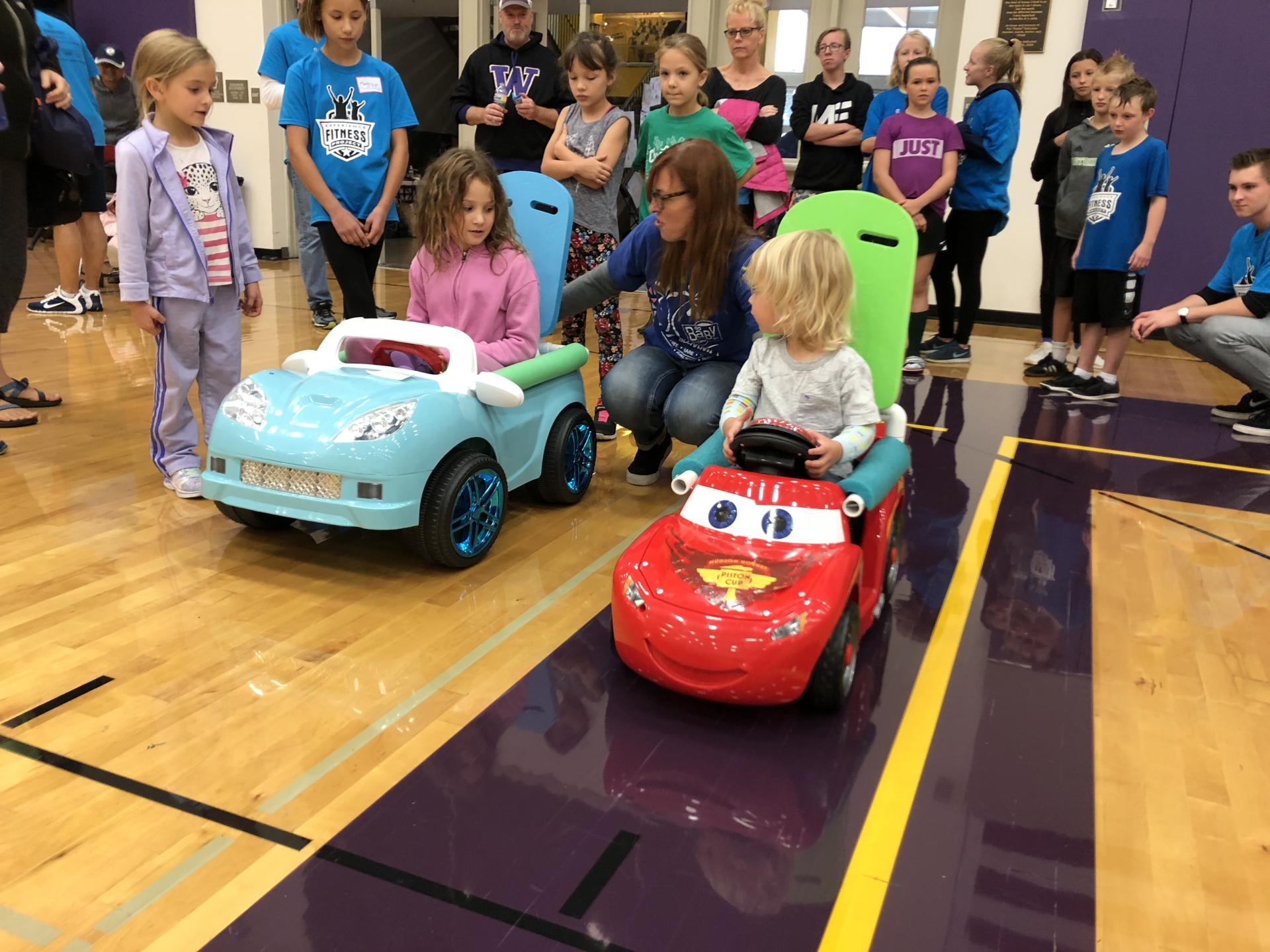
Other Projects
In addition to our four main centers, our department routinely engages in other projects within the community. We will update this section as more projects are added, but highlights include:
- The Sports Institute
- Go Baby Go!
- Many others!

